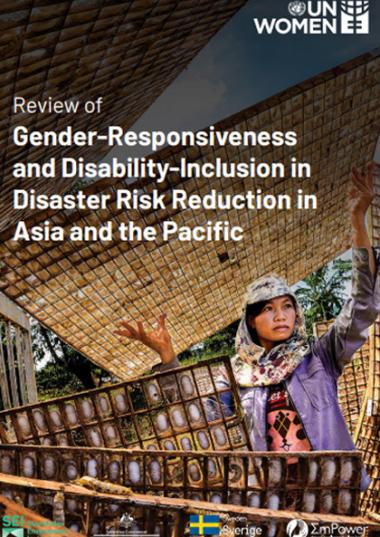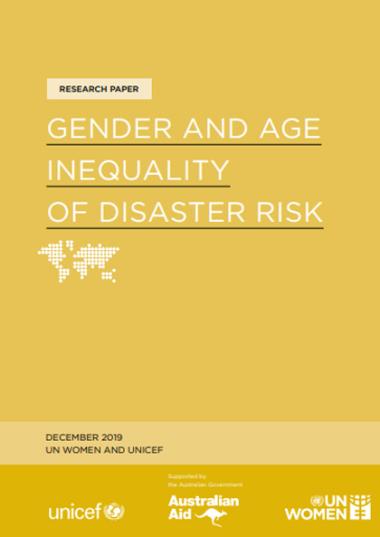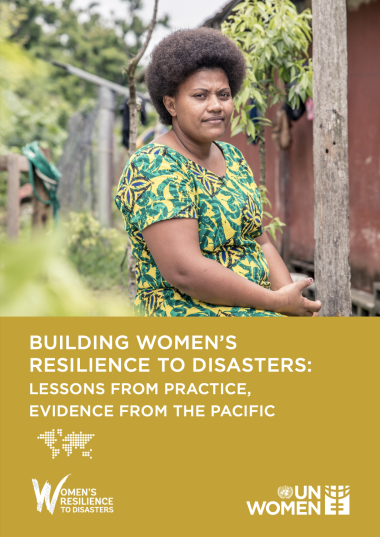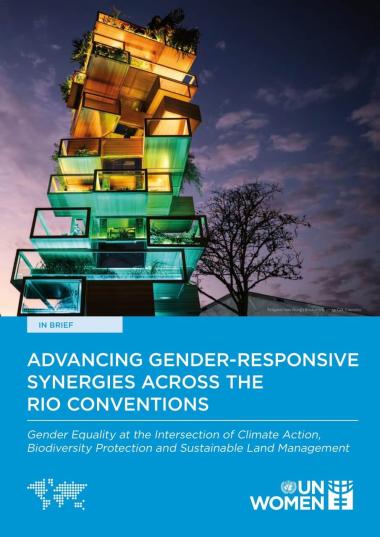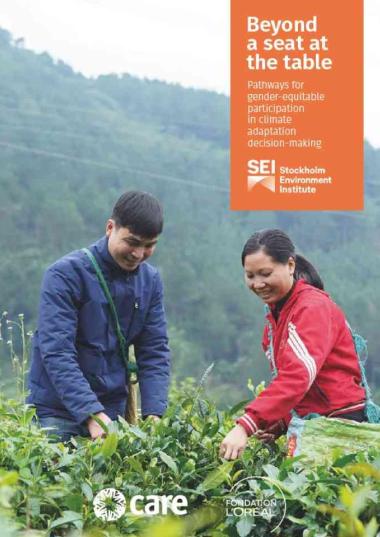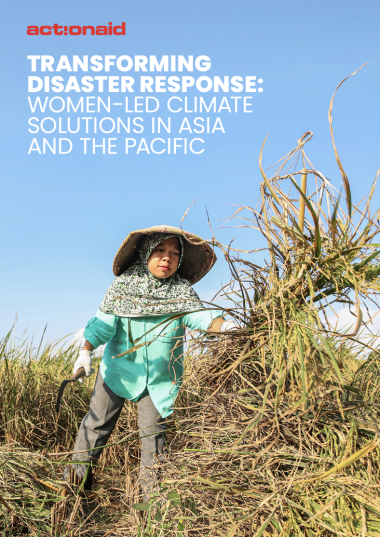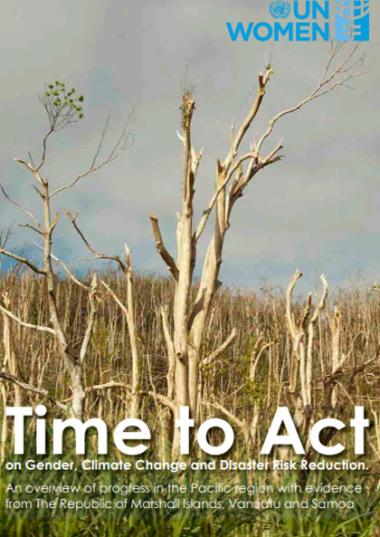
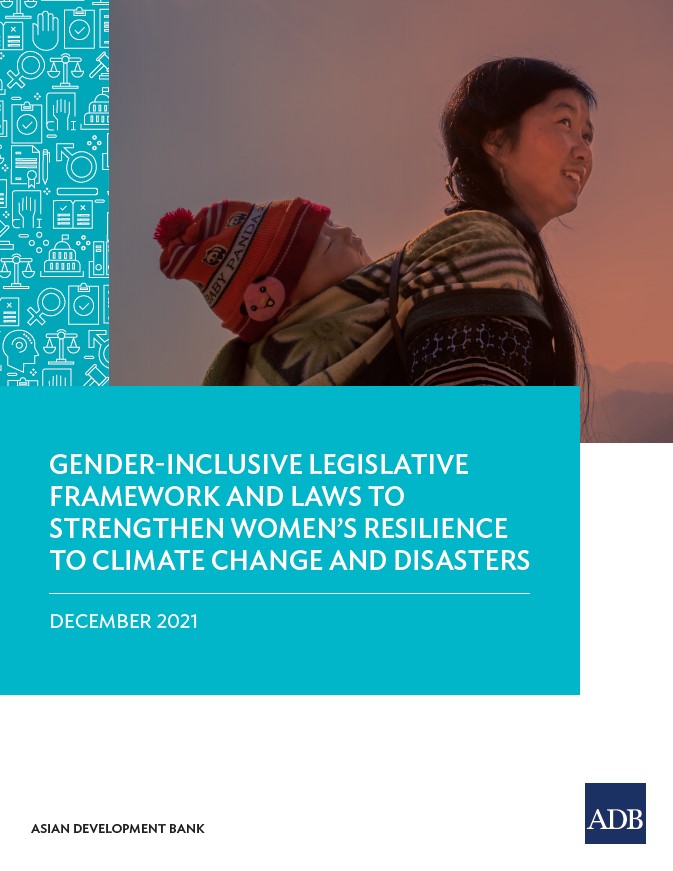
Gender-inclusive legislative framework and laws to strengthen women's resilience to climate change and disasters
November 2021
Disaster risk management (DRM) and climate change laws are part of a national framework of laws which need to work together to support women’s resilience. This report focuses on laws and policies, which are an essential foundations to build equality, prohibit discrimination, and empower women to participate in DRM and action on climate change. While the specific laws relating to disasters and climate change are an important focus area, good laws to support women’s resilience need to extend much further. This report develops and applies a National Good Practice Legislative Framework as an analytical tool to present a range of different laws across constitutional and national laws. It then provides individual country laws as examples. This report can also be used as a good practice guide on developing laws that support women’s resilience to climate change and disaster risk. It draws on international norms, national laws, and research to create a tool for policy makers.
This report is a result of work undertaken by ADB’s Gender Equality Thematic Group to promote national legislation that supports women’s resilience through gender-inclusive approaches to climate change and disaster risk management. It is part of a regional knowledge and support technical assistance project on Strengthening Women’s Resilience to Climate Change and Disaster Risk in Asia and the Pacific. The project specifically aims to increase the capacity of three DMCs: Fiji, the Lao People’s Democratic Republic, and Mongolia, to develop and advance gender-responsive national and sector policies and actions on climate change and disaster risk management. This report contributes to the growing body of work by ADB aimed at addressing gender inequality in relation to disasters and climate change, strengthening approaches to secure women’s rights, and creating opportunities for women to participate equally in lawmaking and governance. While the main audience for this report are lawmakers, it can also serve as a tool for women’s organizations, development partners, and other key stakeholders in engaging with governments to make laws and policies more gender responsive. The National Good Practice Legislative Framework used in this report can be used as an analytical tool to not only look at legislation relating to disasters and climate change, but also at broader legislative frameworks that have a major impact on women’s resilience.
